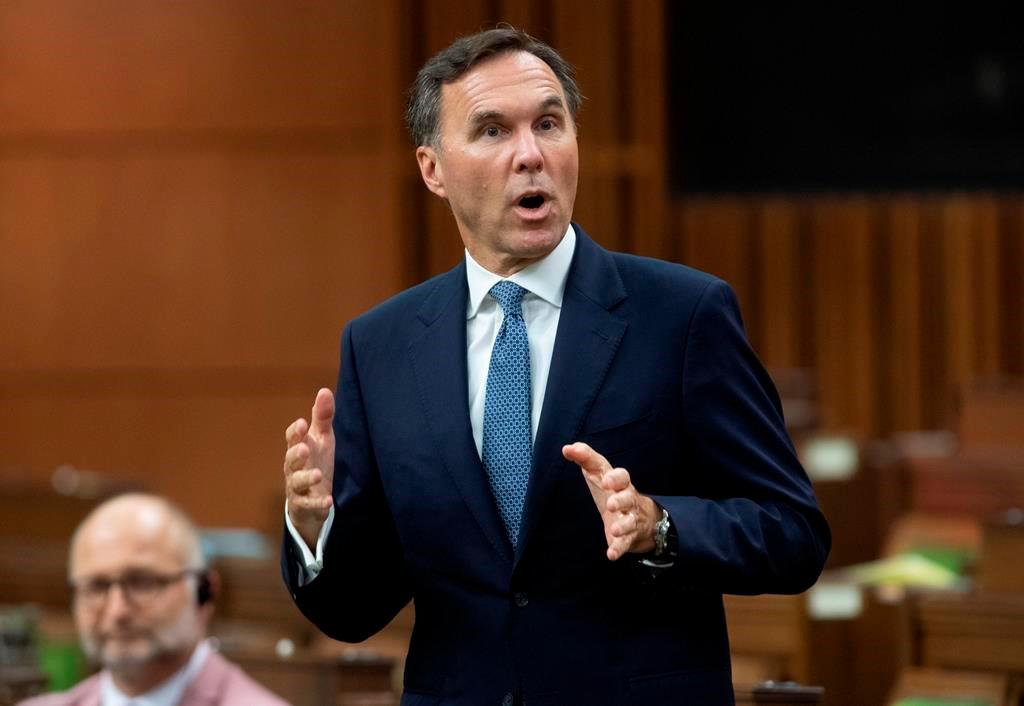A former federal finance minister is slamming parts of the federal budget presented on April 16.
Bill Morneau was the Trudeau Liberal government’s finance minister from 2015 to 2020. He said there was talk of increasing the tax on capital gains while he was on the job, but he pushed back because he feared it would discourage investment.





